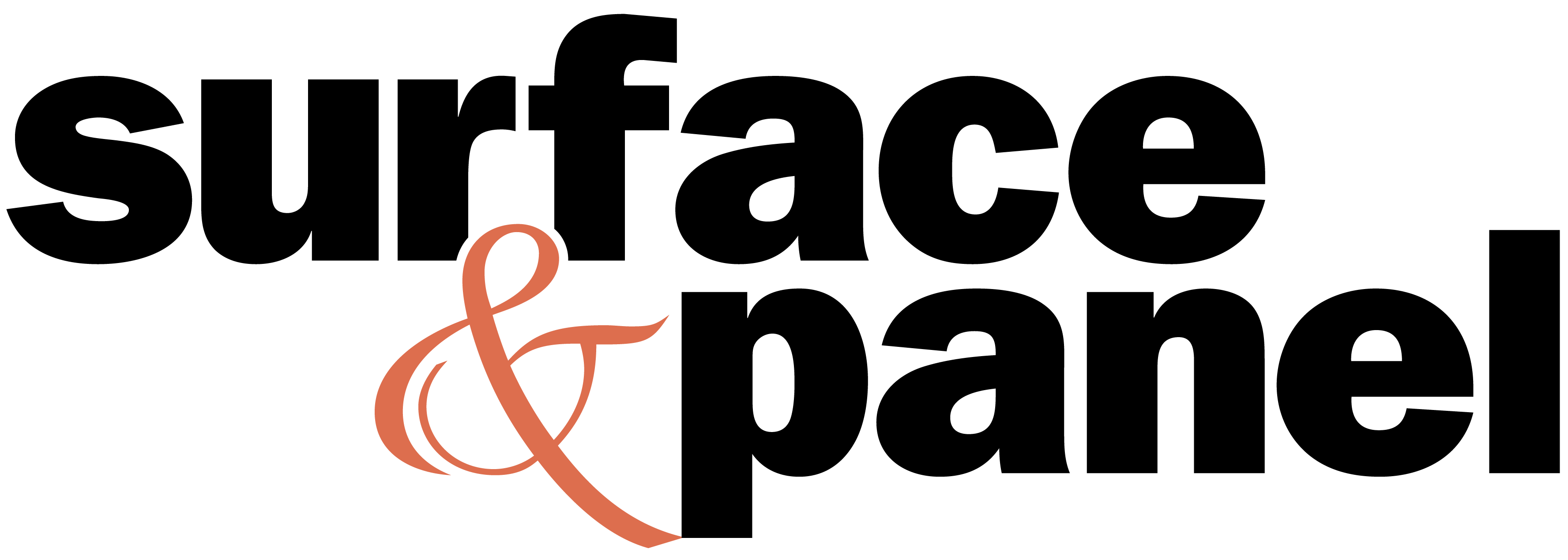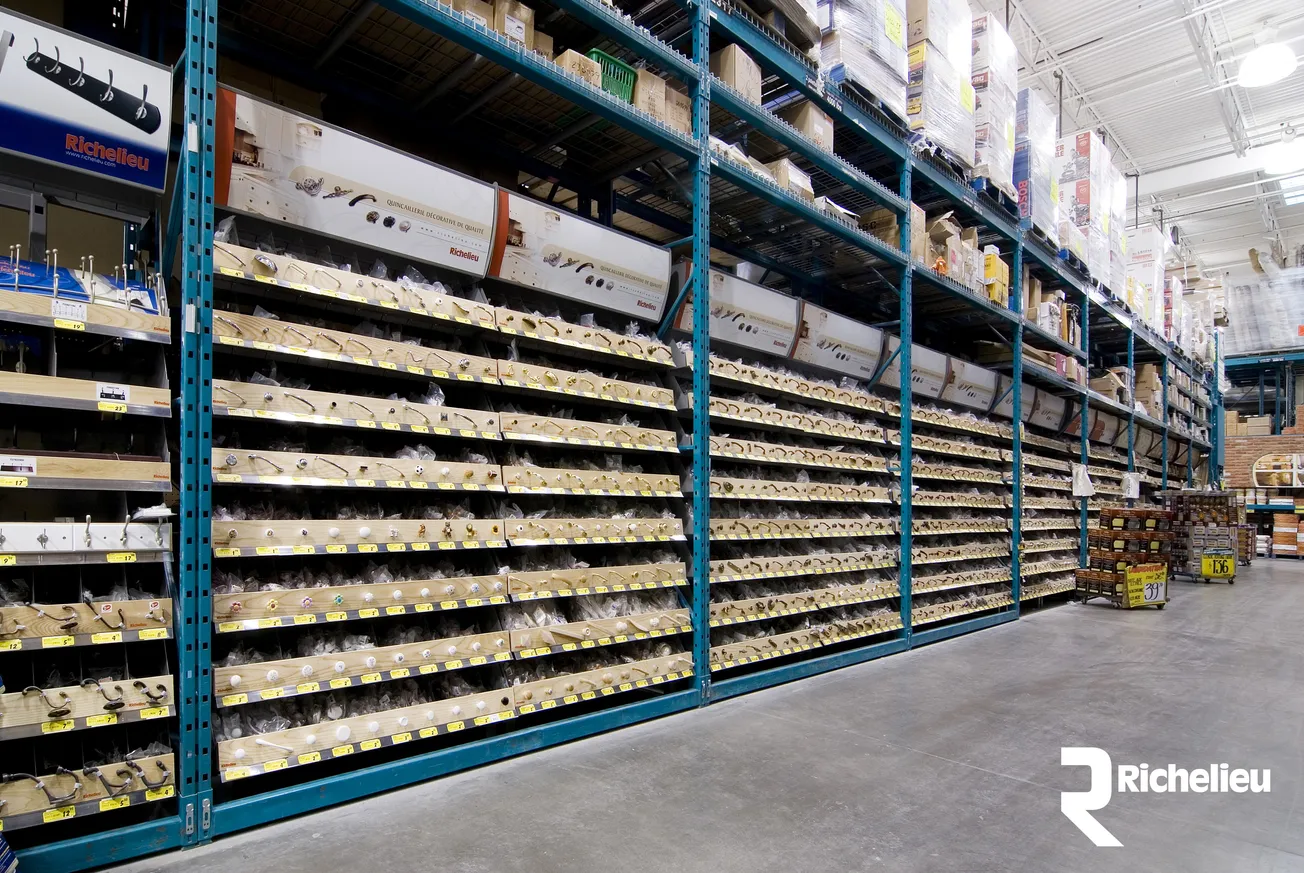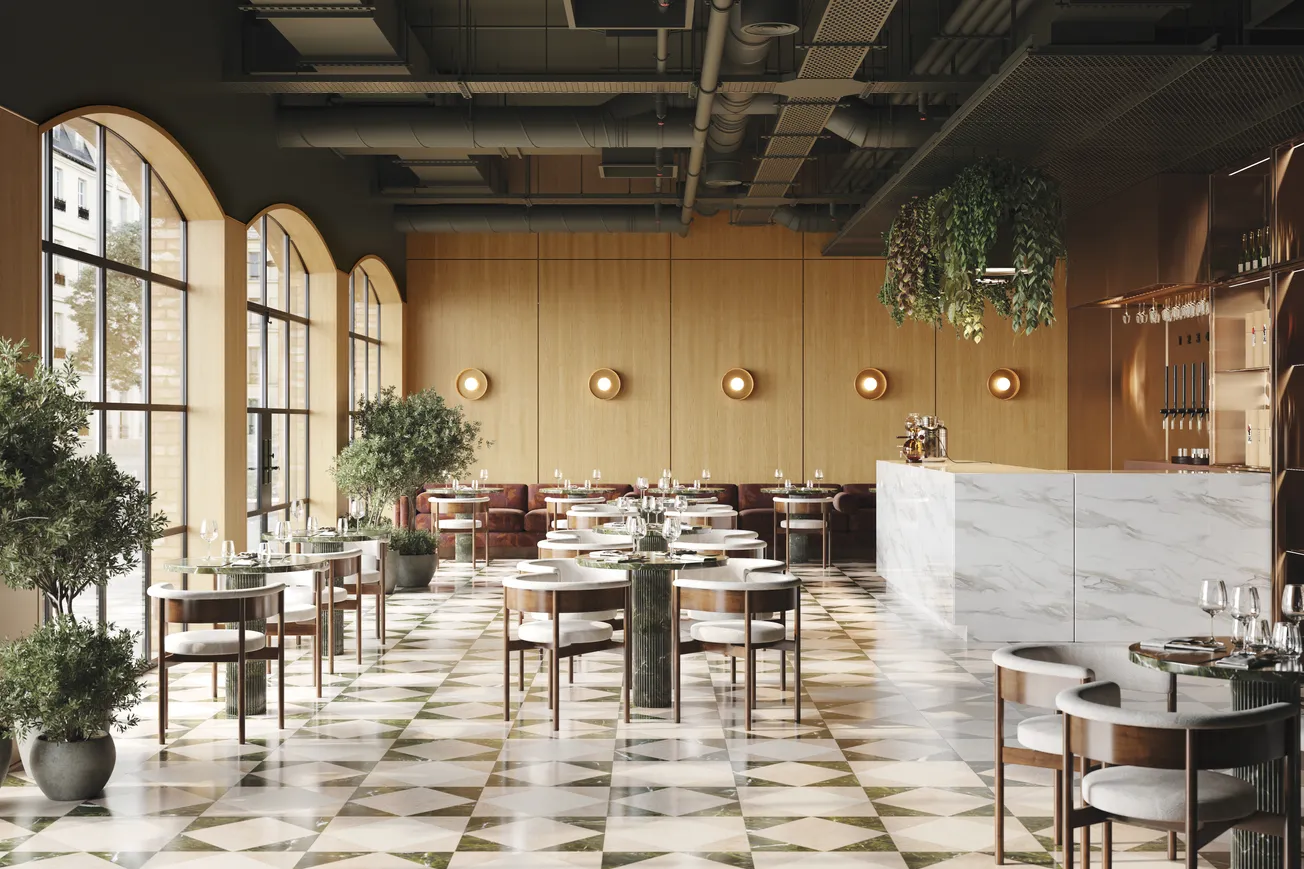Table of Contents
F.C. Dadson has firmly established itself as go-to source for helping fledgling franchises craft retail space identities
Google “franchise retail fixtures,” and the first website listing that displays is for F.C. Dadson.
The Greenville Wis-based company’s top Google ranking is a reflection of the thousands of franchise stores, salons, restaurants and clinics that the fixture manufacturer has helped open during its 44-year history. The company’s diverse customer portfolio includes American Family Care, Seva Beauty, Cousin’s Maine Lobster, Eurowalls, PetSense, Scout and Molly’s, Diesel Barbershop, Code Ninjas and many others.
“We tend to work more with emerging brands, helping them ensure consistent quality as well as a consistent look and feel to their stores,” said Bob Galinsky, marketing strategist.
Fixtures and millwork are F.C. Dadson’s core products, but it’s having a deep understanding of how to serve the franchise industry’s needs that has distinguished the company in the market.
“We do an awful lot of business in the franchise world nationally. The fixtures are a key component because many times they are the franchise’s brand,” said Gary Keider, vice president. “Without giving away all of our secrets, I think what differentiates us is that we offer a full gamut of services. We can address and fulfill the customer’s needs in a variety of areas, not just for millwork and fixture packages. Franchises can truly come to us as their one-stop shop whether they are developing a new concept or doing a refresh.
“We have construction expertise to help them build out a site or we can help them select a general contractor,” Keider continued. “There are a lot of fixture houses that just do fixtures, and there are a lot of construction houses that just do construction. We kind of blend both of them into one. As a one-stop shop, our goal is to provide our customers everything they need to bring their retail environment to life so that the owner can focus on setting up their business, training staff and getting their register ringing.”
Serving ‘both sides’
Keider said F.C. Dadson serves “both sides of the franchise equation.”
“We help franchisors maintain some control and standardization over their brand as it goes across 10, 15 or 20 different sites. But we also help the franchisees bring that branded look into their space. Even though many of our products are standard or modularized, they oftentimes have to be stretched and or modified to work in a particular space because no two spaces are identical. We’re not just cookie cutting or stamping out the same boxes and panels time after time.”


Tailoring products to meet a client’s specific requirements also involves knowing where utilities are located. “We typically get with the plumbers, electricians and others,” said Dan Dorchester, production manager. “We’ll add the wire management and the cut-outs in our cabinet boxes for plumbing, lighting and anything else that is necessary to build in because it’s a whole lot easier for us to cut out the holes here with our machines than to have somebody on the jobsite with a hole saw trying to figure out how to get it to work. It speeds up installation.”
Casework is largely assembled using cam locks and other mechanical fasteners. This allows F.C. Dadson to assemble products at its factory to check for fit and finish and then disassemble them to ship and reassemble at the jobsite.
Order to delivery typically falls into a four- to six-week turnaround time, Dorchester said. “It can be shorter if needed, and if we are doing more than one store at a time, we can do it quicker.”
Keider said timing is everything for scheduling production and delivery times. While it’s never good to be late, it’s also not good to ship to the jobsite before the space is built out. “Whether or not we’re helping with construction, we’ll stay in touch with the GC to know when the site is going under construction and what the timelines are so that we’ll understand when they need the fixtures.”
Breaking into franchise fixtures
F.C. Dadson was founded in 1976 by Fletcher Gruthoff and is now headed up by his son Collin. The company’s name is a derivative that combines each of their first-name initials with a merged form of their familial relationship.
Dorchester has had a hand in the company’s growth since 1978. He’s seen F.C. Dadson grow from a handful of employees to 80. Five years ago, the company more than doubled its operation when it expanded into its current 100,000-square-foot facility.
According to Dorchester, F.C. Dadson’s big break came in the early 1980s when a start-up one-hour optical franchise scrambled to find an alternative manufacturer of store fixtures after its vendor reneged on its contract. “We jumped on in to do their second store and then ended up doing nearly all of their stores for the next year or two,” Dorchester said. “It got us moving in a different direction where we needed to hire people to keep up with our growth.”
Tale of two markets
F.C. Dadson handles about 400 individual projects involving fixtures each year. Retail fixtures for in-line stores, plus kiosks and pop-up stores, represent about 80 percent of the company’s business. The rest of the business is tied to commercial projects, including medical facilities, schools and government offices.
Dorchester said the plant is set up to accommodate work for both market sectors. Key panel processing equipment includes a Schelling panel saw, two Busellato CNC nesting routers, a Brandt edgebander and an Omal horizontal drill. Microvellum software takes projects from design to production.
“Projects for both markets require a lot of panels, mostly thermally fused laminate,” Dorchester said. “We prefer to use TFL because the panels have come a long way. They not only hold up really well in retail environments, but there are far more options in terms of colors and woodgrains. You can barely tell the difference between finished solid wood and textured TFL.”
The realism of textured TFL dovetails well with F.C. Dadson’s value-engineering program, said Lance Kohl, Estimator. “We rely heavily on our vendors to work with us to come up with cost alternatives. For example, redwood is readily available in California, but not here in the Midwest. Offering a redwood finish in TFL can provide a significant savings across the project. The same goes for switching from granite to a high-grade solid surface for countertops.”
F.C. Dadson tends to use solid color TFL for retail fixtures and textured TFL for commercial projects. Arauco Prism and Panolam are two primary TFL sources, though other brands are used as specified by the customer.
“Normally, the client will already have a look in mind for their fixtures,” said Kayla Woldt, interior designer. “We’ll use laminates for most of their decorative surfaces to help make things more cost-effective. There are so many different ways that we can create things with laminates to make a project unique and aesthetically pleasing.”
F.C. Dadson frequently incorporates other materials into its projects, including five-piece cabinet doors from Walzcraft; high pressure laminate; solid surfaces and quartz for countertops; powder-coated metal components; upholstery; and glass. The majority of non-wood items are sub-contracted through F.C. Dadson’s network of job shops.

Some of the key hardware suppliers F.C. Dadson regularly taps into are Blum for hinges and Grass and Accuride for slides. LED lighting from Hera is being incorporated into an ever-increasing number of projects, Dorchester said.
Retail changes 4.0
It’s no secret that retailing is in the throes of a dramatic transition largely due to the Internet.
“Retail space has been changing over the last five years and will continue doing so over the next decade because Amazon and other online sellers have impacted how retail space is utilized,” Keider said. “We’re seeing more businesses selling services that cannot be purchased over the Internet thriving. We’re also seeing retail stores either downsizing or reconfiguring what they are trying in order to facilitate both the bricks and mortar as well as the clicks. Retail is going through a lot of transformation. You’re seeing pop-up stores. You’re also seeing some of these retail environments becoming more like showrooms versus showing off a lot of inventory.”
Kohl also noted that a key franchising trend is business models based on providing services. “It’s folks who cut hair or offer grooming services for men. It’s computer coding classes for kids, something that’s better taught in person than online, so you need a physical space for that.”
“As the retail world continues to change, we need to make sure that we continue to find unique ways to service our retail customers,” Keider said. “On the commercial side, things are staying relatively the same. We’ve gone through the energy-efficiency and LEED-type certifications. It’s still out there, and we can provide those types of products and materials if they are needed, but I don’t think it’s as prevalent as it was a couple of years ago.”






